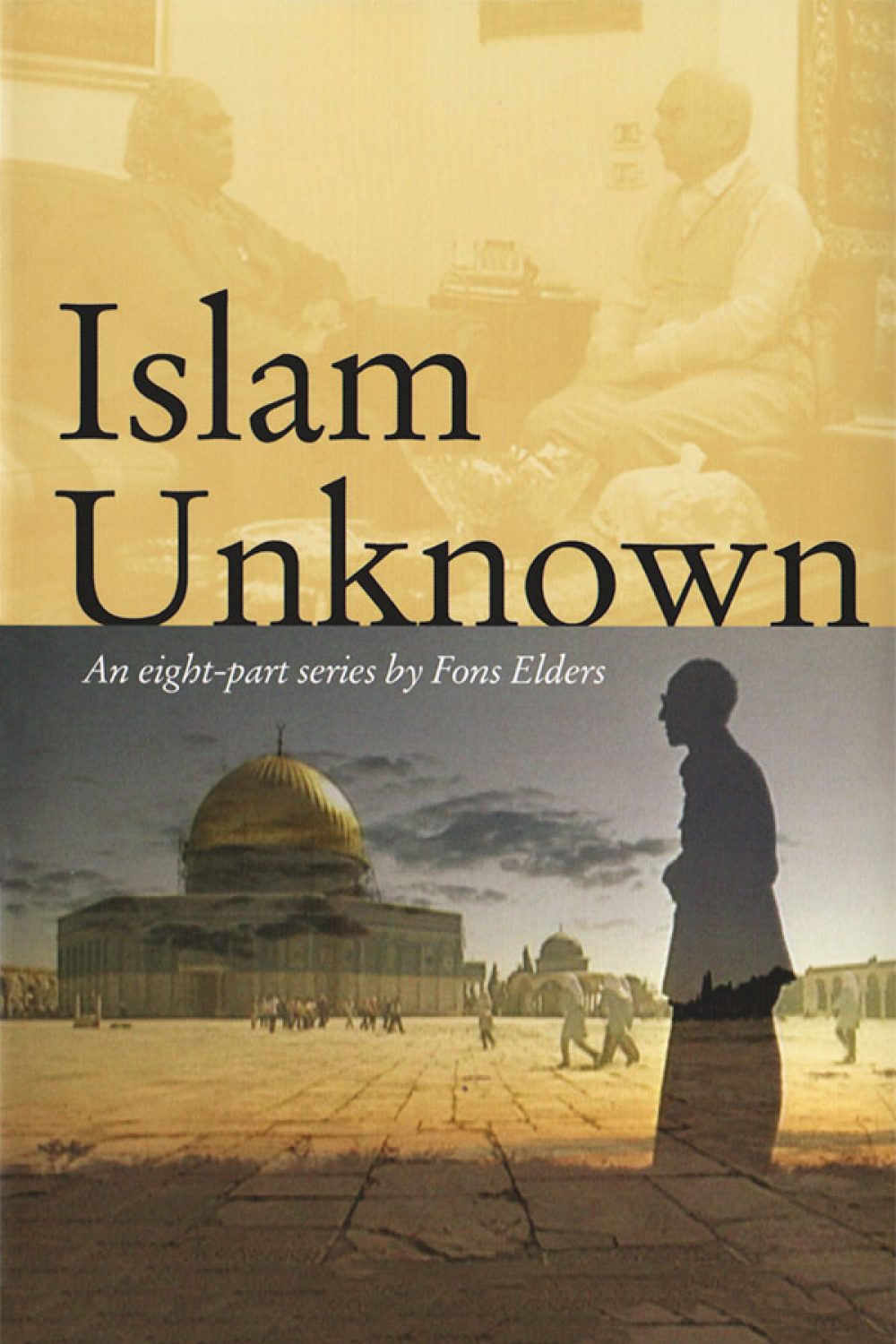Islam Unknown: Interviews with Muslim Intellectuals
Directed by Fons Elders
Icarus films, 2010
A series of interviews by philosopher-historian Fons Elder of eight Muslim intellectuals from around the Muslim and Arab worlds, “Islam Unknown” hopes to decrease the problem of Islamophobia and correct perceptions about Islam and Muslims in the West. The interviews tackle many issues regarding the constrained political and cultural tensions between Europe/the West and the Muslim world – from the War on Terror to nationalism and identity formation to secularism, among other questions. Elder’s questions reveal the scholars’ point of departure: the Quran.
Two of the selected scholars are women: Asma Barlas from Pakistan and Amina Nusayr from Egypt. While philosopher Barlas offers an alternative language to what she sees as the patriarchal interpretation of the Quran, theologian Nusayr focuses on the interconnections among the three monotheistic religions. Barlas explains how God is without sex and gender and calls for sexual equality among Muslims; Nusayr believes that love is Islam’s underlying message. Similarly to Barlas, Egyptian intellectual Nasr Hamed Abu Zayd suggests that the plurality of interpretation renders the “Truth” with a capital “T” as the most dangerous concept as far as the Quran is concerned. He opposes the politicization of Islam by Al Azhar University and recommends opening up a space for ambiguity, taking the historical context(s) into consideration. It is enlightening to refocus on contextualizing the Muslim codes that were instituted in the 7th century, an idea that resonates with Omer Ozsoy’s belief that the “Quran is the work of its time.” Both scholars underscore the necessity to abandon past negative perceptions about human beings as Muslims seek, in their opinions, peaceful coexistence and justice in the 21st century.
Elders additionally shows how both Reza Aslan and Anouar Majid take European and Muslim history into account when they tackle questions of identity and “Otherness.” Both scholars agree that in the early modern period Christian Europe defined itself in opposition to Islam. The time has come to resolve this historical clash, they insist. Advocating diversity and pluralism for both Christians and Muslims, Aslan and Majid look toward the future in the age of globalization.
For Sudanese legal scholar Abdullahi Ahmed An-Naim, Islam calls for “equality and human dignity,” regardless of religious affiliation. Likewise, Mehmet Asutay recommends an Islamic moral economy by inserting morality into financing and economics. Whereas An-Naim advises that the Quran makes no reference to the idea of a state, Asutay insists that the Quran always addresses human beings.
The ideas of almost all eight unconventional scholars are inflected with modern critical theory whereby the Quran’s exigency for equality, freedom, justice and human rights is underlined. I recommend Fons Elders’ “Islam Unknown” for redirecting the discussion about Islam to the source rather than the practitioners. The cumulative result is a diverse, illuminating picture of the plurality of Islam.
This article appeared in Al Jadid Magazine, Vol. 18, No. 66, 2012-2013.
Copyright © 2013 AL JADID MAGAZINE

